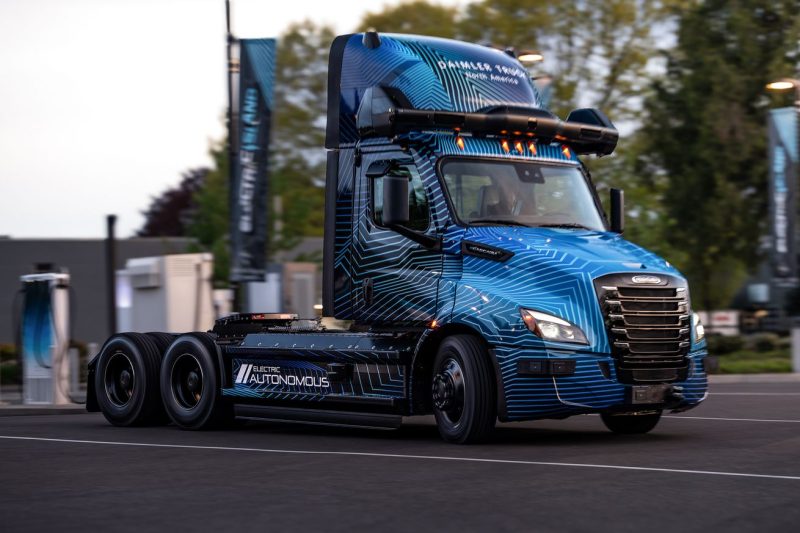Daimler’s Driverless Semi Trucks: A Game-Changer in Transportation Industry
Daimler Trucks, one of the leading manufacturers of heavy-duty commercial vehicles, recently made a groundbreaking announcement that is set to revolutionize the transportation industry. The company revealed its plans to introduce driverless semi trucks to the market by the year 2027. This bold move is expected to have far-reaching implications not only for Daimler but for the entire logistics and transportation sector.
The advent of driverless semi trucks represents a significant technological advancement in the field of autonomous vehicles. These next-generation trucks will be equipped with cutting-edge sensors, artificial intelligence, and advanced software that enable them to navigate roads, make real-time decisions, and interact with other vehicles on the road with unprecedented precision and efficiency.
One of the key benefits of driverless semi trucks is the potential to enhance road safety. By eliminating human error as a factor in driving, these autonomous trucks have the potential to drastically reduce accidents caused by factors such as driver fatigue, distraction, or impairment. This improved safety record could have a cascading effect on the entire transportation ecosystem, leading to reduced insurance premiums, lower maintenance costs, and ultimately, more reliable and efficient delivery of goods.
Moreover, the introduction of driverless semi trucks could also lead to substantial cost savings for businesses involved in logistics and transportation. With autonomous vehicles, companies can potentially reduce labor costs associated with hiring and training drivers. Additionally, these trucks can operate for longer hours without breaks, leading to increased productivity and faster delivery times.
The environmental impact of driverless semi trucks is another aspect worth considering. With advancements in electric and autonomous vehicle technology, these trucks have the potential to significantly reduce carbon emissions compared to traditional diesel-powered vehicles. By promoting the adoption of cleaner and more efficient transportation solutions, Daimler’s driverless semi trucks could play a pivotal role in addressing climate change and promoting sustainability in the logistics industry.
However, the adoption of driverless semi trucks is not without its challenges. Regulatory frameworks, infrastructure requirements, and public perception are just some of the barriers that need to be addressed before autonomous trucks can become a mainstream reality. Daimler, along with other stakeholders in the transportation industry, will need to work closely with policymakers, technology developers, and the public to ensure a smooth transition to this new era of transportation.
In conclusion, Daimler’s announcement to introduce driverless semi trucks in 2027 marks a significant milestone in the evolution of the transportation industry. With the promise of improved safety, cost savings, and environmental benefits, autonomous trucks have the potential to reshape the way goods are transported around the world. While challenges remain, the emergence of driverless semi trucks represents an exciting opportunity to drive innovation and efficiency in the logistics sector.


























